How to manage Sweaty Feet? - Goodbye Smelly Feet! | Sock Geeks
Key Takeaways
-
Foot odor, known medically as bromodosis, isn’t actually caused by sweat at all, but by bacteria on the skin that break down sweat.
-
Foot care is key Practice good foot hygiene! Be sure to dry your feet completely and wash with antibacterial foot soap to kill odor and bacteria.
-
Prevent smelly feet by wearing well-ventilated shoes and moisture-wicking socks. Foot odor is another reason why rotating your shoes is important!
-
Home remedies such as Epsom salt foot soaks and deodorizing powders such as baking soda can help provide additional odor-fighting strength.
-
Certain factors like diet, stress and underlying health conditions allow foot sweat and odor to thrive. These are critical things to track!
-
If you experience significant odor or symptoms of infection, see a podiatrist or other healthcare provider right away. Then they’re able to craft a personalized treatment plan to get you feeling your best.
Smelly, sweaty feet are caused by sweat reacting with bacteria on the skin. Millions of Americans experience overly smelly, sweaty feet, a condition known as bromodosis. This problem often gets worse during the summer months or after a long day wearing work boots.

The feet also have the most sweat glands per square inch of any body part. So shoes, socks and heat all combine to create a perfect storm for stinky feet. It’s the little stuff that really gets you.
Not replacing socks often enough can result in significant pain and skin breakdown. Choosing non-breathable footwear, or failing to keep feet dry will only compound the problem!
It’s an unfortunate but chronic issue affecting children, teenagers, and adults. It happens especially when they’re active or on their feet a lot. In the sections below, you’ll discover what causes it and easy solutions to make smelly, sweaty feet a thing of the past.
What Really Makes Feet Stink?
Foot odor, or bromodosis, is a common concern that often stems from excessive foot moisture and poor foot hygiene. This issue is not just an esoteric problem for scientists; it is particularly harmful to those living in urban areas with climates similar to Los Angeles, where residents often wear shoes year-round. The affliction is marked by a stinky, often embarrassing smell that radiates from one’s feet, socks, or shoes, often linked to fungal infections that thrive in moist areas. Understanding the underlying causes of this unpleasant odor will be key to effective treatments and keeping it away for good.
We know that smelly feet can be an embarrassing subject to discuss, but they rarely indicate a serious health concern. All of us have experienced the embarrassment of foot odor at one time or another. It can be a lot more than just a small annoyance, so recognizing the main causes will help in finding a remedy and maintaining clean feet.
1. Sweat: Not The Bad Guy
Sweaty Feet Are Not Stinky Feet
After all, sweat itself doesn’t smell. The clear, odorless goo that runs down your legs. You don’t stink because you sweat, but because you sweat primarily 99 percent water, with the rest made up of mostly salt. So what is sweating supposed to do, then?
The feet are thought to have 250,000 sweat glands. They’re capable of sweating a whole pint a day! That’s a great thing, especially if you’re working out or it’s a hot day. The moisture gets trapped inside socks and shoes, creating a perfect warm, dark, damp environment for bacteria to thrive.
This ideal petri dish ensures bacteria that cause stink thrive. If you spend all day working on your feet, you’ll certainly notice an uptick in the perspiration department. Taking control of your stress can make a difference with stinky feet as well! To make sure sweat doesn’t get scapegoated, focus on good foot hygiene.
So make it a point to wash your feet every day and make sure they dry all the way through!
2. Bacteria: The True Odor Source
Bacteria the real stinkers
Sweat by itself does not cause smelly feet. Bacteria such as Kyetococcus sedentarius are fond of moist, sweaty feet. When these bacteria break down sweat, one of the byproducts they release is sulfuric compounds, which is what gives your foot that rotten egg smell.
Poor hygiene makes this issue even worse. This causes sweat and dead skin to build up, and allows bacteria the chance to create a buffet that they could feast on. Washing regularly is the best way to remove the sweat and bacteria that make feet stink.
Here’s what you need to know if you use antibacterial soap. Instead of killing 99.99% of bacteria, using antibacterial soap kills 99.9999% of the bacteria on your skin. That makes it a smart investment for just about anyone who suffers from foot odor.
3. Your Personal Foot Flora
Similar to fingerprints, no two people share the same mix of bacteria, fungi, and other microbes that inhabit the skin. This variety is what we call foot flora. In fact, some people’s foot flora predispose them to stinkier feet.
It’s all about balance: some bacteria are good for the skin, while others cause strong smells. When the balance gets tipped often from too much perspiration, poor hygiene, or tight shoes stinky bacteria set up shop. Make it a practice to wash your feet regularly and dry them well to prevent foot germs from causing stinky feet.
It’s important to allow your feet some air! Wear fresh, breathable footwear and steer clear of strong antibacterial soaps to maintain a proper bacterial equilibrium.
4. Trapped Moisture Fuels Odor
Moisture moisture moisture
It’s no surprise that moisture is the third heavy hitter when it comes to foot odor. When feet stay moist, that’s all they require to flourish. When shoes and socks trap sweat in and don’t allow for evaporation, you can see how this just adds fuel to the stinky fire.
Thoroughly drying feet after a bath or shower especially in between toes because that’s where moisture tends to pool is very important. Fabrics such as cotton, or even better, moisture-wicking socks, work to pull that moisture away from your skin. They keep your feet drier all day long!
Thank goodness for ventilation, though! Shoes that promote air flow and taking them off whenever you’re able to make a huge difference in keeping moisture buildup at bay. Avoid wearing the same pair of shoes every day. Just like with shoes, they require some time to dry out all the way!
5. Understanding Excessive Foot Sweat
If you’re dealing with foot odor during times when you have sweaty feet, whether or not you sweat excessively factors in. In medical speak, excessive foot sweat is known as hyperhidrosis. Those who have it sweat excessively, even when it’s a comfortable temperature or they’re not doing anything.
It’s this constant moisture that bacteria crave and feed upon, producing more foul smells. If you notice that your feet are always sweaty, it should be something you look into. If you find your shoes are always becoming drenched, it might be time to speak to a doctor.
Making a habit of keeping a close eye on your sweating patterns can offer important insight into your overall health. It can even guide you in determining if an underlying issue is causing the stink.
6. How Diet Impacts Foot Smell
What you eat definitely affects your smell, feet included. Food items like garlic, onions, some spices and liquor can intensify overall body odor. Many of them are processed in your body. They are released via sweat, which could make their contribution to foot odor more noticeable.
By tracking the foods you eat, you can find any patterns with foods that seem to cause more foot stink. Staying properly hydrated can help flush these out. A well-balanced diet will lead to stink-free feet, as well as a healthier you.
Believe it or not, healthy feet smell great!
7. Pesky Fungal Infections
Fungal infections, like those that cause athlete’s foot, can lead to smelly feet. These organisms love dark, warm and moist environments. That’s why you can commonly spot them in between your toes and on the soles of your feet.
The main signs to look out for are itching, peeling, or inflamed skin. Annoying fungal infections not only add to the odor, but need special treatment. Antifungal creams available over the counter usually do the trick.
So keep your feet clean, and most importantly, stay dry! This is the best strategy to keep these fungi from taking up permanent residence on your feet.
Why Are My Feet So Sweaty?
The sweaty feet phenomenon is a daily occurrence for many individuals, particularly those who must stand all day. With up to 250,000 sweat glands per square inch, these glands work tirelessly to cool the body and maintain moist skin. Unfortunately, excessive foot moisture can lead to toenail fungus and other footcare problems, making miserable sweat feet a common issue, even in cooler weather.
Lifestyle factors play a significant role in this situation. Wearing synthetic socks and non-breathable shoes, combined with infrequent foot washing, can exacerbate the problem. When shoes don’t get enough time to air dry, they can become a breeding ground for bacteria, leading to unpleasant odors and potentially serious medical conditions.
The association with bacteria such as Kytococcus sedentarius is crucial, as these fungi create sulfuric compounds that contribute to foot odor. This can be particularly problematic for individuals with certain health conditions, as they may experience increased sweating and a higher likelihood of toenail issues.
It's essential to be honest about your habits. Pay attention to how often you change socks and the type of shoes you wear. Incorporating home treatments like soaking your feet or using a pumice stone can help manage foot odor control. Additionally, rotating between shoes and using effective antifungal treatment can mitigate the effects of toenail fungus.
In conclusion, understanding the main causes of foot odor, including excessive foot moisture and poor foot hygiene, can help you take proactive steps. By implementing good foot care practices and being mindful of your footwear, you can significantly reduce unpleasant smells and improve your overall foot health.
Hyperhidrosis: More Than Sweat
Hyperhidrosis, the medical term for excessive sweating, affects how many people. Primary hyperhidrosis is where the cause is not known, and secondary hyperhidrosis is where it’s due to another medical condition. As you can imagine, this can take a grim toll on your quality of life and social engagement.
Sometimes, it’s genetic. For patients where topical solutions or other treatments aren’t working, doctors will suggest Botox injections. Daily foot hygiene ranging from using specialty foot sprays and powders to wearing moisture-wicking socks can help prevent complications.
Stress, Emotions, and Sweat
Stress and emotions can lead to increased sweating. As long as the body is in a state of high alert, sweat glands will be overactive. Consider taking up yoga and deep breathing exercises to bring stress under control. Having someone to confide in about your emotions can help keep sweat away!
Good mental health plays a major role when it comes to foot odor prevention.
Hormones and Sweaty Feet
Fluctuating hormone levels may play a role in excessive foot sweating. It’s possible that puberty, menstruation, and menopause are all involved here. Hormones are your body’s communicators that tell your perspiration factories (aka sweat glands) to go into overdrive.
Once you recognize a pattern such as an increase of sweat at specific times you can take steps to prepare in advance. Share every worry you have with your health care provider.
Weather's Role in Foot Sweat
This leads to an increase in sweat on hot days. In sweltering Los Angeles, hot summer months can only signify one thing clammy feet. Rotate your footwear with the weather!
Give your shoes time to air dry. Rotate your footwear so they have time to dry out between wears and prevent sweaty stink. Keeping feet cool and dry is still the goal.
Kick Foot Odor to Curb
Odorous, sweaty to the point of embarrassment feet may seem like a small concern, but they create significant suffering. This issue often leads to unpleasant odors that affect most Angelenos and Americans. Kicking foot odor to the curb starts with a proper foot care routine, patience, and a few smart precautionary steps to address underlying health issues that may exacerbate the problem.
Getting in the habit of daily foot care is your best protection against stinky feet, happy skin, and extending the life of your shoes. Since excessive foot moisture is the leading cause of foot odor, your best bet is to find ways to keep feet dry and clean. Trying out different home treatments will make a world of difference in how you’re able to find the right solution for your tootsies, whether that means using absorbing foot powder or a good disinfectant spray.
You can do the quick and easy cleaning routine or get more hands-on with a natural powder-based method. Both alternatives provide concrete co-benefits and are good at controlling odors, helping to prevent toenail fungus and other footcare problems.
Master Your Foot Wash
-
Wash feet daily with warm water and antibacterial soap.
-
Use friction to clean between toes and under toenails.
-
Rinse well to remove all soap.
-
Dry feet fully, even between the toes.
-
Add this step to your morning shower routine or nightly routine.
The heat of warm water really gets those pores opened up! In the meantime, antibacterial soap is your best bet, since it fights the bacteria that creates the foot odor. This is key, since scrubbing is what’s going to wash away the build-up of dead skin that can trap sweat and odor.
Be sure to dry feet really well, especially between toes. Any dampness remaining gives foot bacteria a warm place to hang out.
Soothe Feet, Stop Stink
Soak your feet in Epsom salt or a vinegar solution to fight foot stink. Go with a mixture of two parts water and one part vinegar, and soak for 15–20 minutes. Both of these DIY remedies absorb moisture and calm inflamed skin.
Natural soaks are incredibly soothing, they reduce inflammation and cracking skin which can lead to odor. A post-soak rub down with oil or lotion will take the foot pampering experience to the next level. It improves circulation and makes your skin so soft!
Tea tree oil and sage are great herbal remedies for foot odor. Wellness foot care pretreatments foot soak easily incorporated into your regular weekly care routine!

Natural Powders for Dryness
-
Baking soda
-
Cornstarch
-
Talcum powder
These natural powders are great at keeping things dry and combating a little too much sweat. Use these as an initial treatment before you lace up your socks and shoes.
Keep them in your bag and apply again during the day as needed! Each one serves a bit of a different purpose, so try out a few and see what suits you best.
Let Your Feet Breathe
Shoes made from breathable materials like leather or canvas will offer more airflow to keep your feet cool and dry. Moisture-wicking socks are great for drawing sweat away from skin, and putting on a clean pair at least every 24 hours can really cut down on the smell.
Let your feet breathe. Going barefoot at home is a great way to let your feet breathe. This provides an opportunity for them to cool down and dry out.
Try to give shoes at least a day off between wears so they can dry out completely.
Choose Footwear Wisely
Footwear really matters when it comes to smelly, sweaty feet. Taking care to choose the right footwear will help to protect against wetness and odor. Not all shoes are made for all activities. That’s why it is so important to select the right shoe for the job!
Investing in quality footwear now will save you in the long run! This is particularly important if you are on your feet or walking for the majority of your day. Shoes that are too narrow and pinch your toes block airflow and trap moisture. Rugged shoe materials make a big difference.
Certain materials retain heat and moisture. The rest let air in, which helps feet stay cooler and drier.
Breathable Shoes Are Best
-
Mesh or fabric uppers
-
Perforated sides or toe boxes
-
Moisture-wicking linings
-
Lightweight build
-
Flexible fit
Footwear constructed with mesh or other perforated patterns enhance ventilation and moisture wicking. These styles protect against moisture and odor-causing bacteria build-up. Linings made with fabrics like olefin wick away sweat and dry fast.
Even with digital shopping, it’s still preferable to physically try shoes and discover the perfect shoe that won’t be biting your claws. In hot, muggy climates like Los Angeles, flip-flops or other open-toe shoes are perfect for social gatherings. They aren’t suitable for every environment.
The Magic of Wicking Socks
Socks that wick away moisture are essential for controlling foot odor, helping to keep your feet smelling better and feeling drier. Fabrics like olefin, merino wool, or other technical blends effectively draw moisture away from the skin, reducing the risk of developing toenail fungus and other unpleasant odors. It's crucial to change socks often, especially after activities like exercise or long days of walking, to maintain good foot hygiene and prevent bacteria buildup.
Layering is your best friend, especially in cold weather. Using socks-in-socks can be particularly beneficial during high-sweat activities. Since everyone’s feet are unique, sampling a few brands will help you determine which socks best suit your needs, enhancing your overall foot care game.
Rotate Shoes, Reduce Odor
When you wear the same pair every day, there’s time for sweat and bacteria to build up. Rotating shoes, letting them sit for at least 24 hours in between, will give them time to dry out as well. The answer is not to buy one pair, but several athletic, casual, dress to have a variety to rotate among.
It helps to prevent bacteria from accumulating. Rotating shoes helps to prevent bacteria from accumulating. By switching off between two or more pairs of shoes, your feet will breathe and the odor will be eliminated. A simple shoe rotation will make feet smell and feel better.
Insoles for Extra Defense
Odor protection insoles trap your foot sweat stink and prevent it from escaping. Some insoles are made to fight moisture and odor. Replace them often to receive full benefits.
Custom insoles can help you with extra support and stop your feet from sweating. If you want them to last as long as possible, try to keep your insoles clean and dry.
Go Barefoot Indoors Safely
Additionally, not wearing shoes at home gives your feet a chance to air out and stay sweat-free. Just avoid extremely pointy or jagged surfaces that can stab or graze your feet. Clean floors and good hygiene habits go a long way, even when you’re barefoot.
This simple but effective tip helps prevent stink.
Lasting Habits for Fresh Feet
Fresh feet take more than a quick scrub. Few issues are more embarrassing than having smelly, sweaty feet. After all, we’ve got thousands of sweat glands working hard 24/7! Ultimately, to make freshness a reality, you need habits that are lasting and fit into your life. Make these habits long-lasting and enjoy fresh feet!
Collectively, personally, these easy, low-cost steps make a huge difference cumulatively and in the aggregate. Developing a daily habit, customized to fit your life, makes sure stinky feet don’t even have the chance to make an appearance. Creative trail use We hope this new trend is a positive one that continues to prosper with more discussion and dialogue.
Prioritize Dry Feet Always
Tip 1 Prioritize dry feet all the time. Having dry feet is usually the first rule in preventing odor. Moisture is the catalyst that opens the door for bacteria to thrive, and it’s what causes that stubborn odor.
Here are some ways to keep feet dry:
-
Dust medicated foot powder or spray daily in the morning to keep moisture and fungus at bay.
-
Wear leather (or canvas) shoes. These provide ventilation that keeps moisture from getting trapped.
-
Always dry feet well after washing, especially between toes.
-
Avoid wearing the same pair of shoes two days in a row so the shoes can dry all the way through.
-
Check socks and the inside of shoes for wetness at midday and replace if the situation calls for it.
Change Socks Religiously
Keeping socks clean and changing into fresh ones every day is important. Dirty or wet socks continually house your sweat and bacteria, giving you no other option but stinky feet. Change socks religiously. Change socks whenever you have the opportunity to do so.
Start each day or hiking session with a fresh, dry pair of socks. If you have a heavy work day to look forward to, or just know it’s going to be a scorcher, pack an extra pair. If your feet start feeling sweaty or smelly, change them religiously.
Comfortably stinky socks should be washed in hot water to kill bacteria. The best material for socks is cotton and wool blends. These wick moisture away more effectively than synthetics.
Smart Shoe Care Tips
Proper shoe care is essential for managing unpleasant odors and maximizing the lifespan of shoes.
-
Clean shoes weekly to remove dirt and bacteria.
-
Spray inside with disinfectant for added freshness.
-
Always store shoes in a well-ventilated, cool, dry place, and air them out after each use.
-
Rotate shoes alternate pairs every day.
-
Avoid plastic shoes, as they trap sweat.
Food Choices for Fresher Feet
Food choices can affect foot odor. This is why eating a healthy diet is one of the most important habits to adopt for fresh feet. Eat more inflammation-fighting foods like dark, leafy green vegetables, yogurt, and citrus fruits.
Avoid garlic, onions, and all processed foods, which all lead to body odor.
Stay hydrated. Staying hydrated is key to clearing your system, so drink lots of water! Healthy eating is effective from the inside out.
Busting Common Foot Odor Myths
Foot odor can be a sensitive topic that most individuals are too ashamed to bring up. It’s not as unusual as you would expect! Many myths about foot odor serve to obscure the truth and keep real remedies away from those that need them the most.
By busting these common foot odor myths, we can inform the public on what really causes those stinky, sweaty tootsies. Once they have identified the problem, they can then learn how to most effectively tackle it. By speaking openly about our foot health, we can confront the harsh truth of the matter.
This ongoing discussion is a great first step in addressing the stigma that accompanies it. Proper foot health knowledge is where we can make the most difference. It equips them to fight foot odor more boldly and effectively!
Myth: Only Unclean People Suffer
Myth #1 – Only unclean people experience foot odor. Foot odor may be one of the common foot conditions that most people just brush off as a sign of poor hygiene. This assumption couldn’t be more wrong.
Foot odor can affect anyone. Yes, this is still possible even if you wash and dry your feet every day! Genetics play a role some people are just more prone to sweating than others.
While causative medical conditions like hyperhidrosis or mycotic foot can add to the odor, insulated winter boots can retain moisture and warmth, creating a perfect breeding ground for bacteria. Don’t shame, don’t punish, figure out what’s going to be effective!
Consider giving your feet a bath at least once a day. It’s time to change your socks and let those shoes dry out between wears!
Myth: Perfumes Mask The Smell
Perfumes mask the smell. When it comes to treating foot odor, the majority of people turn to sprays or scented powders. Perfumes mask odor with fragrance.
That doesn’t mean perfumes are the answer perfumes won’t kill the bacteria that cause odor. At best, they do nothing to eliminate the stink. These products tend to irritate the skin.
They may exacerbate problems, particularly for those with sensitive skin. The solution is to eliminate the source. Keep your feet washed and dried on a daily basis! Soak them in equal parts baking soda and water a few times a week to restore your feet’s natural balance and zap fungi!
Long-lasting results require real care not masking.
Myth: Foot Odor Is Forever
Myth: Foot odor is forever. Foot odor can seem like an inescapable fact of life, but it doesn’t need to be. There are a multitude of paths we can follow to counter it and press ahead.
Foot care especially soaking your feet and drying them completely will be key. Finally, put on a clean pair of socks to help eliminate odor even more! Foot odor can also be a new warning alarm for something else going on, such as dehydration, or an imbalance in your diet.
If it’s really that bad, doing nothing will take you to the treatment you need. Thousands have produced foot odor non-issues by simply washing their feet the right way. Above all, though, they ring when they need it the most.
When To See A Professional
Sweaty or smelly feet are a bothersome issue, one that affects many Americans. Many can hope to suffer from this sooner or later. When these issues persist despite proper care and OTC interventions, there is often more at play. If you’ve tried all the home remedies and foot odor persists, then it’s time to see the pros.
See new symptoms develop. Don’t delay hire a pro for tomorrow! The sooner you identify these foot issues, the better chance you’ll have at finding the relief you deserve.
Odor Persists? Get Help
If you’re bathing daily and changing your socks to clean, dry pairs often, and your feet still smell, get help. Call a doctor to get assistance! A continuous odor may indicate underlying medical conditions.
These can be as simple as hyperhidrosis (excessive sweating), diabetes, or bacterial infections such as pitted keratolysis. Don’t take this lightly Dr. Rowland recommends you see a professional immediately.
Write down or type out a list of your symptoms before your visit and how long you have been suffering from them. This will help your primary care physician make an accurate diagnosis.
From there, they’ll be able to prescribe a treatment plan that’s most effective for you. This might mean a prescription topical compound or other treatment.
Spotting Stubborn Foot Infections
Spotting stubborn foot infections can be crucial. These are signs that you might have a fungal or bacterial infection. If you’ve tried over-the-counter sprays and powders without luck, talk to a healthcare professional about your next steps.
They will order tests or recommend more aggressive therapies that treat the underlying issue. The sooner the infection is diagnosed, the more likely the outcome will be favorable and the less likely the infection will have spread.
Medical Paths for Relief
Doctors have better tools to cure the itch than the ones at your corner CVS. You may be sent home with prescription medications or topical antiperspirants.
Beyond that, we can talk about procedures such as iontophoresis or Botox for more severe cases of hyperhidrosis. Just a reminder if you’re living with diabetes, getting your feet checked regularly is key.
Provide complete honesty with all of your symptoms so your healthcare provider can select the best treatment to get you back on your feet.
Your Pharmacist Can Advise
Your Community Pharmacist can guide you. We are uniquely trained and experienced to help you figure out which OTC products will be most effective.
Figure out what’s working, how you should be doing it, and when to call in the professionals. They’re a great place for non-urgent, daily foot care needs.
Sock Geeks: The Ultimate Solution for Smelly Feet Warriors
At Sock Geeks, we know that sweaty, smelly feet aren't just inconvenient they’re confidence crushers. That’s why we’re on a mission to elevate foot care with a stylish twist. Our breathable, antibacterial, and moisture-wicking socks are crafted from top-quality cotton and performance fibres like bamboo and merino wool to keep your feet dry and odour-free all day long.
Whether you’re battling hyperhidrosis or just need a fresh pair post-workout, we’ve got your back (or rather, your toes). Don’t let smelly feet hold you back subscribe to our monthly sock service and enjoy fun, personality-matched socks designed for comfort and freshness. It’s time to make foot care fashion-forward.
Conclusion
Sweaty, smelly feet are a fact of life for just about everyone, but they don’t need to run your life. To stop this odor epidemic, we need some fresh socks, breathable shoes, and a daily scrub down of the dogs. With the extreme summer heat, not only in UK but in all of the world, shoes and socks play a large role. For most people, avoiding smelly sweaty feet is a matter of taking a few basic steps. Every now and then, you could use some special care from your health-care provider. There’s no dishonor in admitting that. Stay smart about what actually works and not the mythology about what works. Have additional questions or want to trade tips? Send us a note, or ask your local podiatrist. Whether you’re transitioning from the board room to the board walk, odor free tootsies will ensure you stay cool and confident. Thanks for reading, and stay comfy!
Frequently Asked Questions
What causes smelly, sweaty feet?
What gives you stinky, sweaty feet? The main causes of smelly feet include moisture and sweat build-up, which can lead to unpleasant odors. The warm, damp conditions in toed shoes, especially given the steamy Los Angeles weather, exacerbate this issue.
How can I prevent my feet from sweating so much?
Wear moisture-wicking socks and choose breathable shoes to combat toenail fungus. Giving your feet access to fresh air and washing them daily with soap can help control unpleasant odors and maintain good foot hygiene.
Are certain shoes better for preventing foot odor?
Yes. Shoes made of natural, breathable materials like leather or canvas help control foot odor and allow your feet to breathe better. Footwear constructed with plastic or rubber materials tends to lead to discomfort and excessive foot moisture.
Can diet affect smelly feet?
Okay, so we’ve already decided that spicy foods and caffeine can increase sweat production, potentially worsening toenail fungus and unpleasant odors.
When should I see a doctor for foot odor?
Consult a foot specialist if foot odor persists despite routine washing and anti-odor products, especially if you notice symptoms like erythema, pain, or ulcerations, as these could indicate an underlying health issue.
Are home remedies like baking soda effective for foot odor?
Baking soda effectively removes foot odor by neutralizing sweat and combating unpleasant odors. Soaking your feet in a solution of baking soda and water can help eliminate these odors, while also addressing the underlying health issue of bacteria buildup!






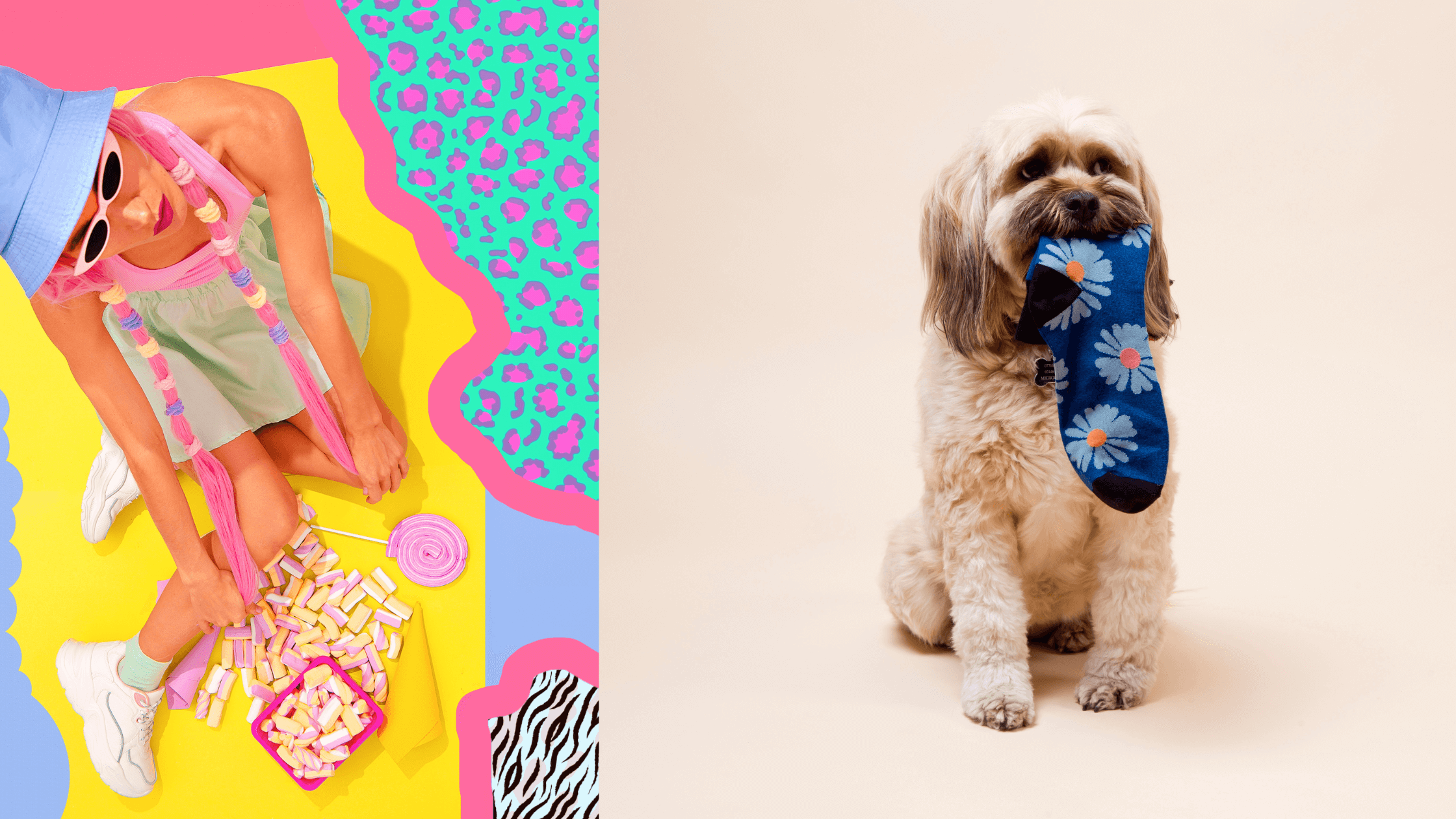

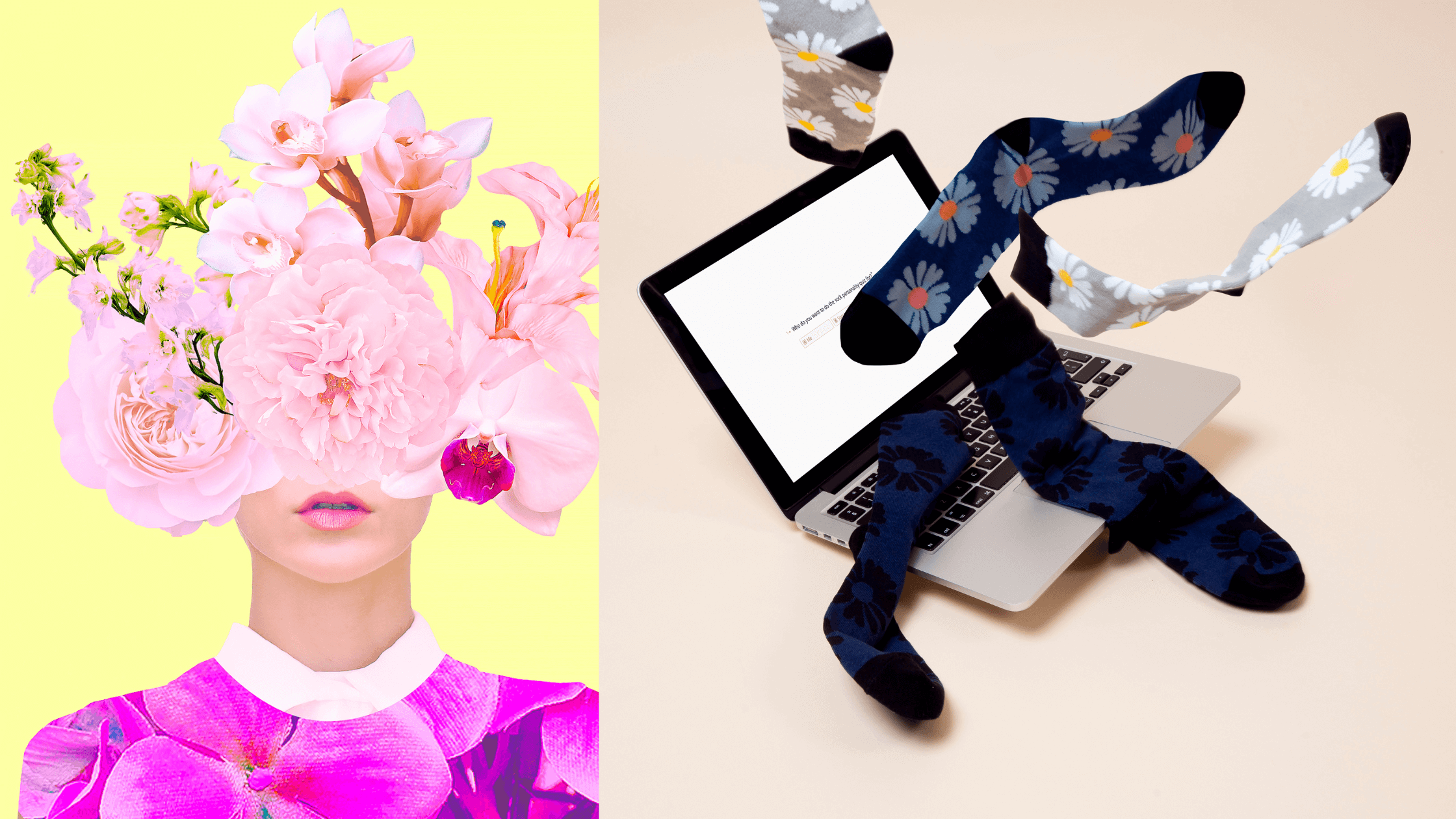




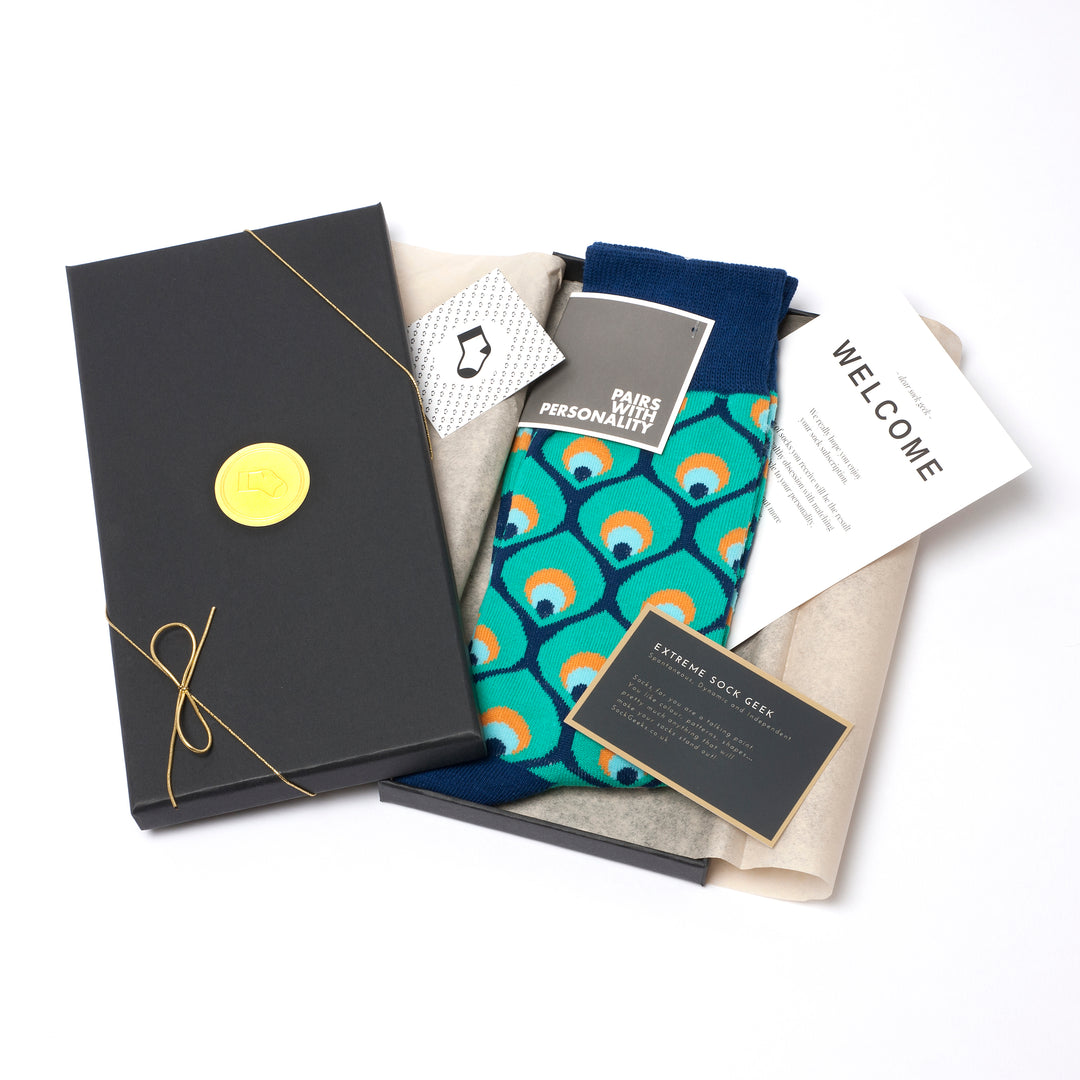
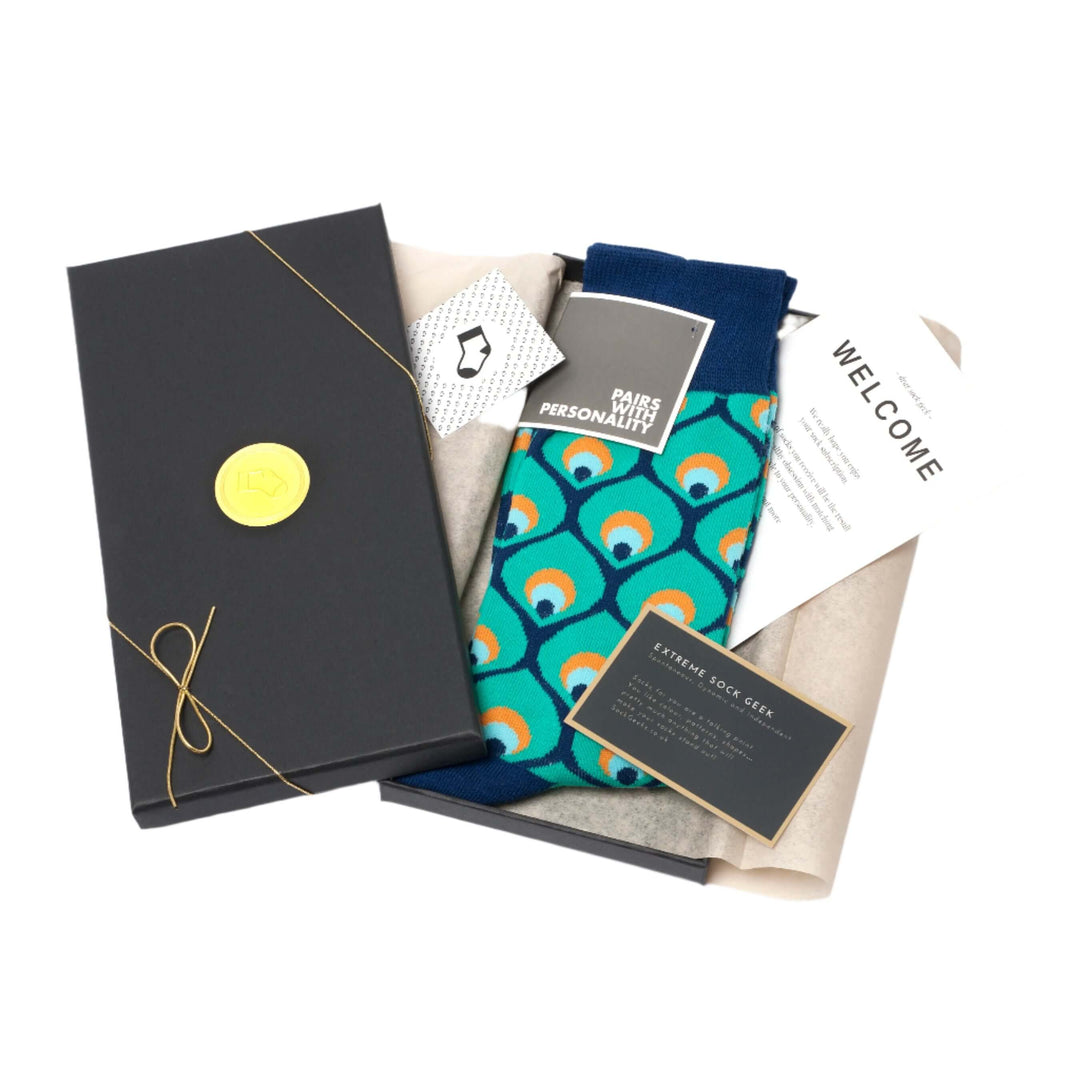
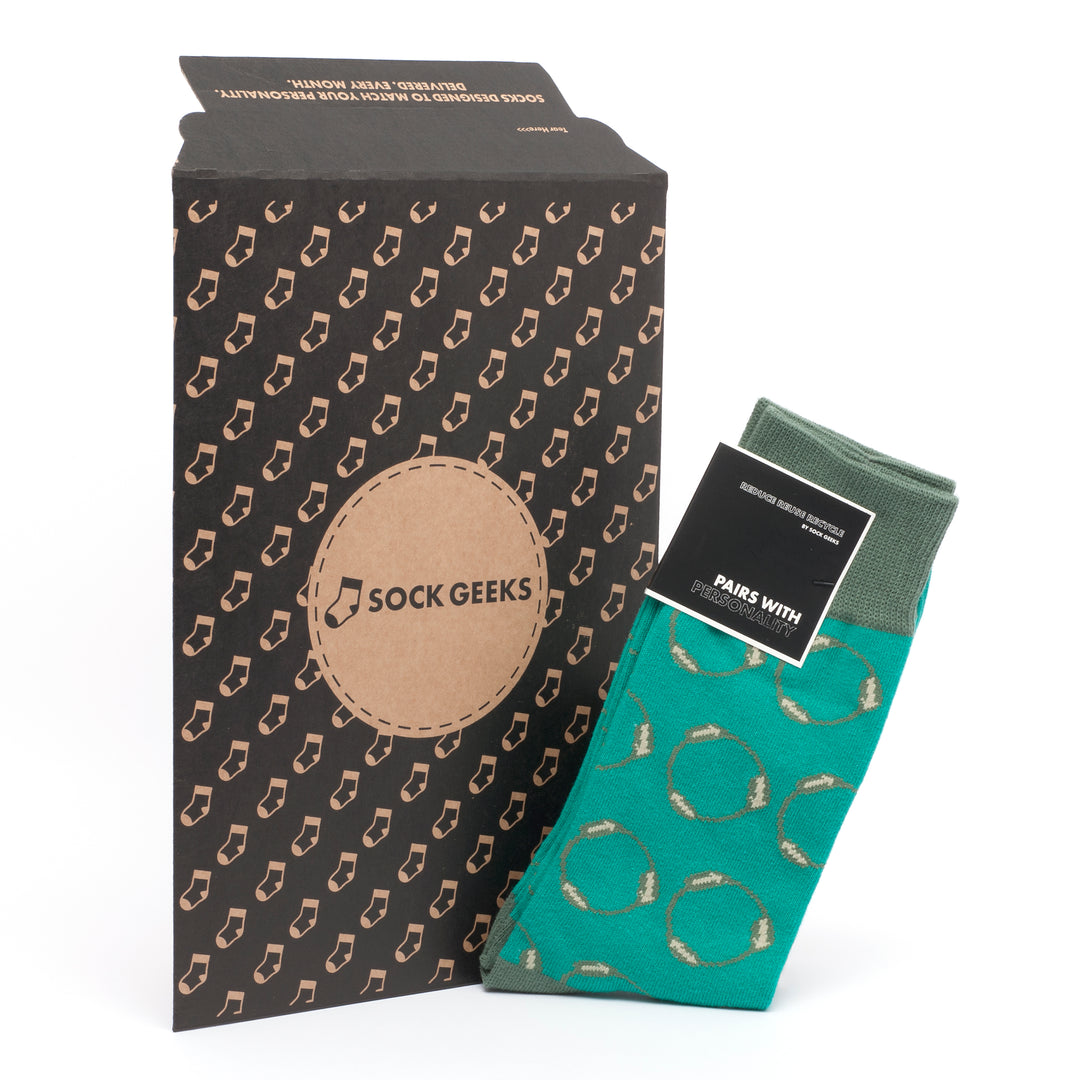
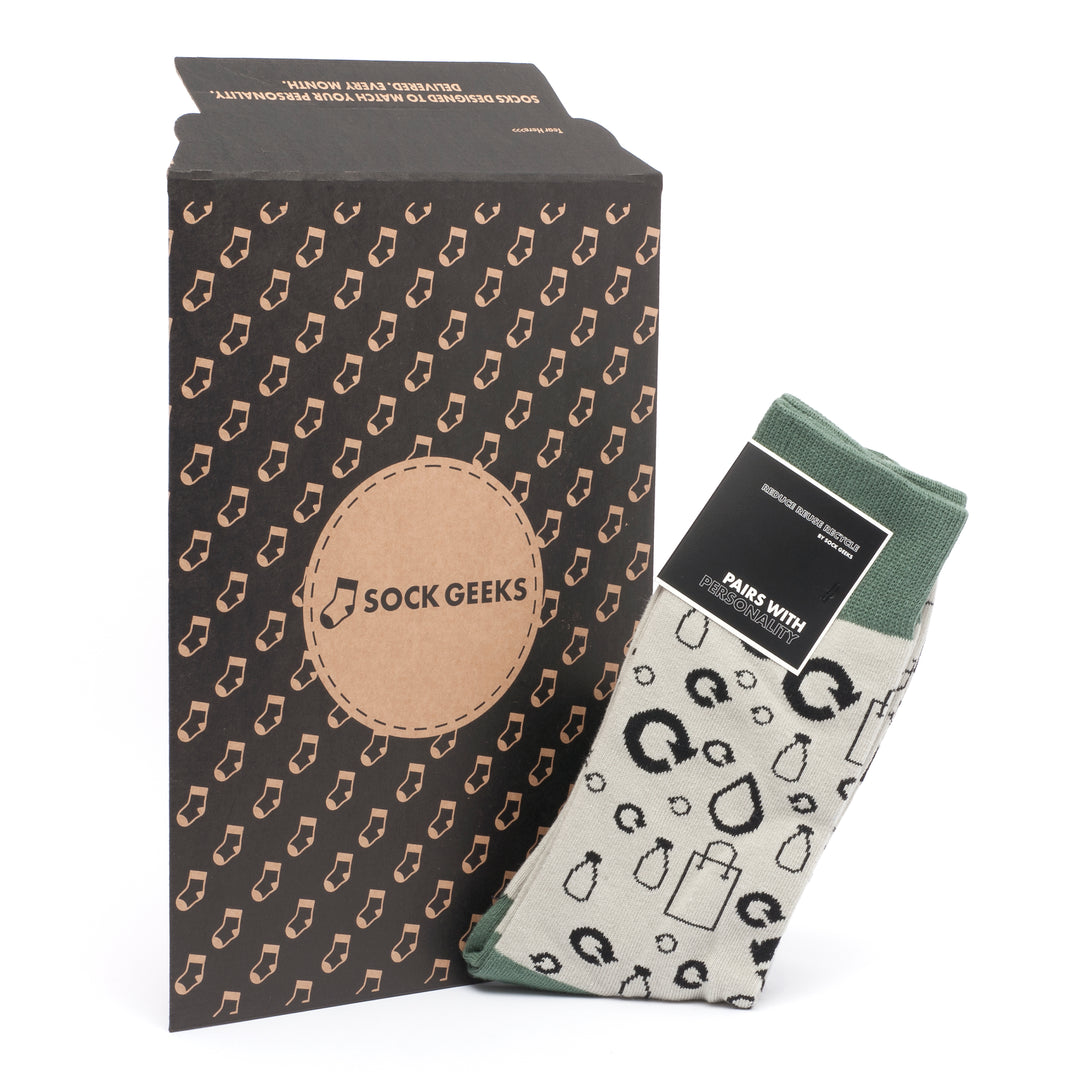



Leave a comment